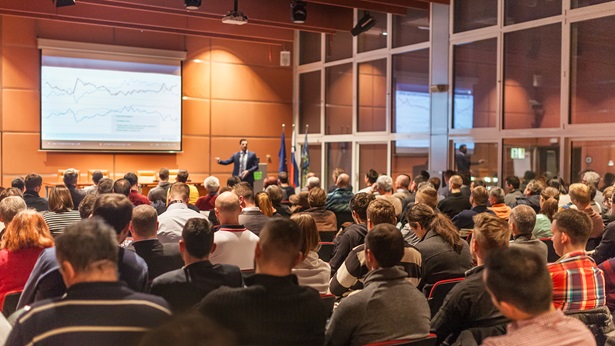2024 International Energy Conservation Code
The International Energy Conservation Code (IECC) developed by the International Code Council (ICC) is a model building code that sets minimum efficiency standards in new construction for a structure’s walls, floors, ceilings, lighting, windows, doors, duct leakage, and air leakage. Historically, the IECC has followed the same code development process as other model building codes.
Starting with the development of the 2024 IECC, the ICC changed the procedures so that it now follows a standards development process, where the final decisions rest with consensus committees, not governmental voting members.
Under this new procedure, there are two committees which are responsible for the development of the 2024 IECC, one for the commercial provisions and one for the residential provisions. NAHB is represented on the residential committee by a small group of NAHB builder members and NAHB staff.
Get Involved Now
The development process is well underway, but there is still a lot of time to influence the code:
- Prepare to submit comments during the public comment period – The 2024 Public Comment Draft #1, the first iteration open to public scrutiny, is expected to be published in late summer 2022. NAHB members have options for commenting on the initial draft:
- Sign on to public comment letters that show approval or disapproval – Signing on to public comment letters that recommend approval or disapproval for new proposals can send a strong message to committee voters.
- Provide public comments with specific code changes – The full code document will be open for revision during the first public comment period. Use this opportunity to carefully review the changes and make your voice heard. NAHB will provide analysis and recommendations for specific code change proposals a few weeks after publication of the document.
- Sign up as an interested party – You will receive notifications from ICC about upcoming meetings including agendas and other updates. You can attend virtual meetings of work groups, subcommittees, and committees and provide testimony. Current meetings will be winding down over the next weeks as all code change proposal are reviewed and voted on by the consensus committees. The meetings will resume after the public comment period closes and public comments are circulated to assigned subcommittees for initial review. Your participation at the subcommittee and work group levels, where there are more opportunities to speak, can be particularly helpful.
Additional Resources
IECC Residential Committee page



